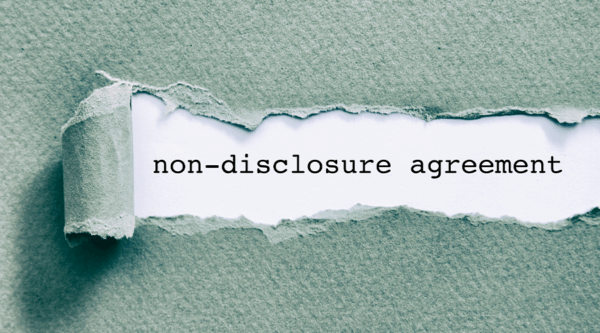
Settlement Agreements
If a working relationship has broken down, a settlement agreement can be used to create a clean break and avoid the situation deteriorating further. We advise both employers and employees on the terms of settlement agreements, making sure they understand the implications of the agreement itself and negotiating the best terms possible.
Using settlement agreements
Settlement agreements are usually used in two scenarios. If an employer and their employee are dispute, this type of agreement can help to resolve the situation, avoiding the added stress, time and cost that would be incurred if the matter went to court.
While settlement agreements are often used to end a relationship between two parties in dispute, they can also be used as an alternative to going through a redundancy process. Acting pragmatically and taking the current and potential financial situation of our client into account, we review your agreement to ensure that it meets your needs. Negotiation may be needed in some cases to make sure that the provision in the agreement is fair compensation.
As employment law specialists, we also have a broad knowledge of employment law matters, allowing us to identify other potential claims to strengthen your negotiation position.
Our experience
Given the very nature of this type of agreement, it can often be difficult for the parties involved to remain objective. This can lead to unreasonable demands or one party agreeing to less favourable terms than they should have.
Our specialist team have significant experience advising on all types of settlement agreement, making sure the process is a fair and legitimate means of ended the employment. Our clients include international, national and regional companies as well as senior executives, managing directors and CEOs.
If the relationship between both parties has deteriorated, having one of our experienced lawyers on your side will often help to take some of the emotion out of a highly charged situation. And we can be right by your side. With ten offices across the country, we can meet virtually or face to face, regardless of your location.
FAQs
There is no ‘one size fits all’ answer to this. You may see websites which have Settlement Agreement ‘calculators’ on them, but every situation is different. This is why you need expert legal advice, in order to be able to assess the strength of any employment claims that you may have and to advise you on what a reasonable settlement figure looks like.
If the Settlement Agreement is drafted correctly (which we will ensure), it will confirm that entering into a settlement agreement will not affect any claims you may have in respect of accrued pension rights. You will also be able to pursue a personal injury claim, provided that you were not aware of this claim at the time you signed the settlement agreement.
While settlement agreements are often drafted very widely and attempt to exclude all future claims, an Employment Appeal Tribunal judgment confirmed that a settlement agreement cannot prevent an employee from bringing future claims which have not yet arisen. In order for a claim to be settled by the Settlement Agreement, it needs to be identified at the time the Settlement Agreement is entered into. In short, you cannot waive future claims which do not yet exist.
No!
A Settlement Agreement is only binding after it has been signed by an independent legal advisor, so even if you do feel pressured to verbally agree the terms of a Settlement Agreement, you will not be bound by it until the written Agreement is signed.
Similarly, you cannot force your employer to enter into a Settlement Agreement, so it is advisable to seek independent legal advice as soon as you eceive your written Settlement Agreement if this is an offer that you would like to explore and take advice on.



















